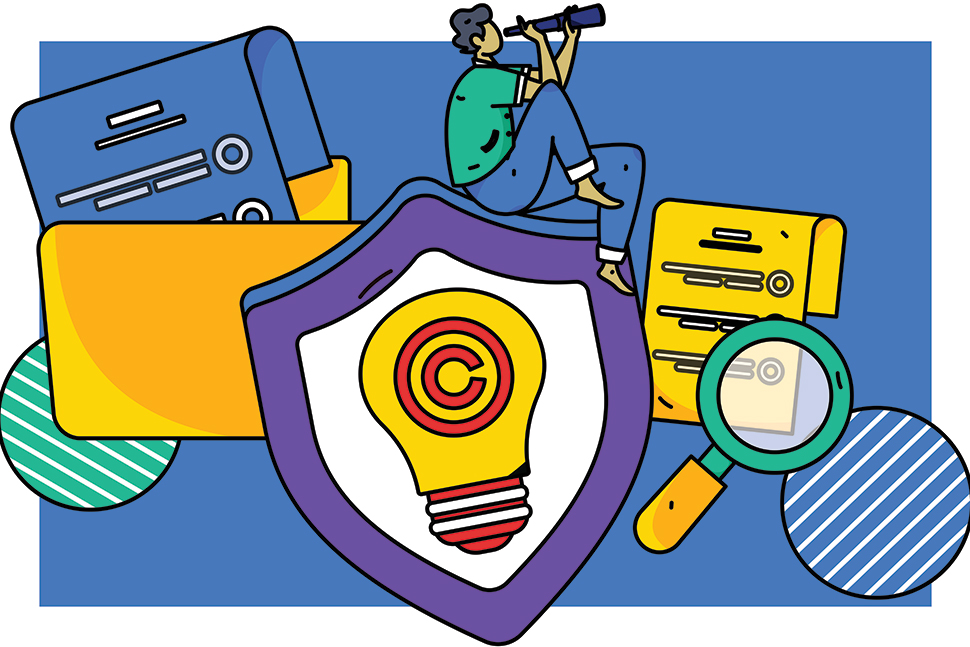In the digital age, creators are producing and sharing content faster than ever—be it music, videos, photography, or written works. However, along with this surge comes confusion about what is legally allowed, especially under the concept of “fair use.” Many creators assume they can freely use others’ content if it’s for “non-commercial” or “educational” purposes. But the reality is far more nuanced.
If you’re a content creator in India, understanding fair use and protecting your own work through copyright registration in Delhi is essential. In this blog, we’ll bust the top 5 myths about fair use and explain why consulting with professionals like copyright consultants in Delhi is a smart move for creators.
Myth 1: “If I Give Credit, It’s Not Copyright Infringement”
The Truth:
Attribution does not equal permission. Even if you credit the original creator, using copyrighted material without a license can still be considered infringement. Fair use is based on the nature, purpose, and amount of the content used—not whether credit is given.
Tip: Always seek proper licenses or consider registering your own works with copyright registration consultants in Delhi to ensure your rights are protected.
Myth 2: “It’s Fair Use If I Only Use 30 Seconds or Less”
The Truth:
There’s no fixed duration or percentage of content that automatically qualifies as fair use. Courts evaluate the quality and significance of the portion used, not just its length.
For instance, using the most memorable 10 seconds of a song could still be a violation.
Tip: To stay safe, opt for royalty-free resources or consult copyright registration consultants in Delhi before using someone else’s content.
Myth 3: “Educational Use Is Always Fair Use”
The Truth:
Not all educational uses are fair use. If your content is shared publicly (e.g., on YouTube or social media), monetized, or reaches a wide audience, the “educational” claim might not hold up.
Tip: If you’re an educator, tutor, or academic content creator, protect your own materials through copyright registration online in Delhi and be cautious when using others’ works.
Myth 4: “Fair Use Means I Don’t Need Copyright Registration”
The Truth:
Even if you believe your content falls under fair use, registering your own creative works provides you with a legal advantage. It gives you exclusive rights to reproduce, distribute, and license your content—plus legal proof in case of a dispute.
Tip: Whether you’re a photographer, musician, or influencer, consider copyright registration in Delhi to protect your intellectual property.
Myth 5: “Everything Online Is Free to Use Under Fair Use”
The Truth:
Just because something is available on the internet doesn’t mean it’s free to use. Most online content is still protected by copyright law, and unauthorized use can lead to takedowns, strikes, or even lawsuits.
Tip: Always verify licensing terms before using online content. If you’re unsure, speak to copyright consultants in Delhi to understand your rights and risks.
Why Creators Should Register Their Copyright
In an era where content theft is rampant, creators must take proactive steps to secure their rights. Here’s why copyright registration online in Delhi is beneficial:
- Legal ownership of your content
- Protection against plagiarism or unauthorized use
- Easier to license or sell your works
- Stronger case in copyright infringement disputes
Consulting with copyright registration consultants in Delhi helps you navigate the process efficiently and stay fully compliant with Indian copyright law.
Conclusion
Fair use is not a free pass—it’s a legal grey area that should be approached with caution. Misunderstanding it can lead to copyright violations, strikes, or even lawsuits.
If you’re a serious content creator, take the time to protect your work through copyright registration in Delhi, and don’t fall for these myths. Work with professional copyright consultants in Delhi to make sure your creative assets are safe, and you’re legally covered in case of misuse.

Leave a Reply